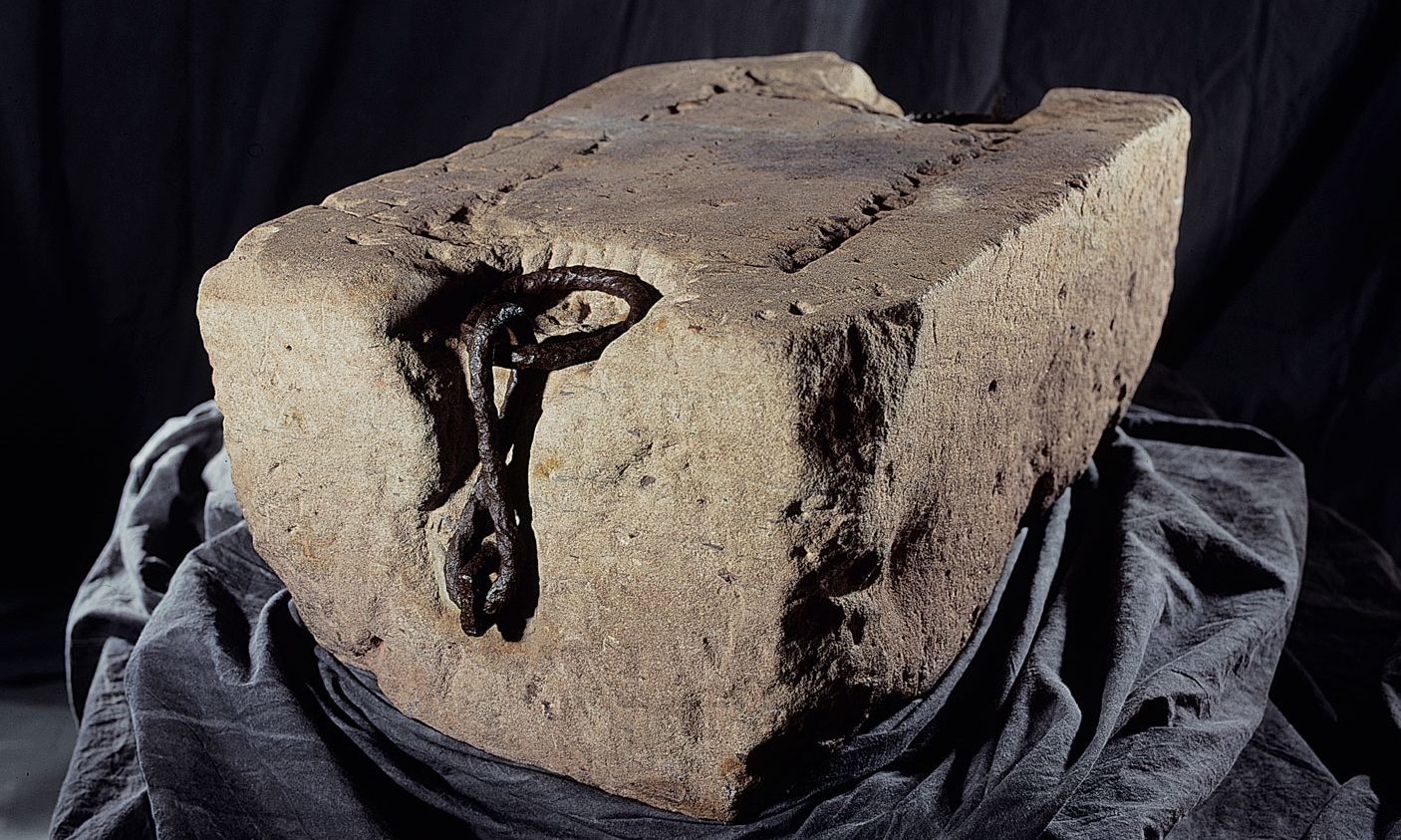Isabella MacDuff (1285-1313) was a heroine during the Wars of Scottish Independence. These wars were between England and Scotland in the thirteenth and fourteenth centuries. Isabella became the Countess of Buchan when she married. She was familiar with having a position in society as she was the daughter of the Earl of Fife.
A wee bit of background on the wars:
In 1290, after the death of Little Mairead (heir to the Scottish throne), there was turmoil among the (then) five heirs to Scotland, each demanding to be put into a position to rule. Fearing a civil war, the Guardians of Scotland wrote to Edward I (England) asking that he intercede. He agreed on the condition he be recognized as the Lord Paramount of Scotland. With their backs to the wall, they agreed. Edward then took control of Scotland’s castles and estates. He eventually sat John Balloil on the throne in 1292 while also making it known he considered Scotland a vassal state. In turncoat fashion, he then sided with France and declared war on Scotland. This was the onset of the Wars of Scottish Independence.
After an embarrassing rule, Balloil abdicated. Edward I stole the Stone of Destiny from Scone Abbey (where the monarchs of Scotland had been crowned since the beginning of their history). The Stone was hidden away in Westminster Abbey and incorporated into coronations for England. The stone was returned to Scotland in 1996 and is housed in Edinburgh Castle but only after agreeing it would be returned for the next monarch’s coronation ceremony.

So, Isabella’s story… When she was young, her father died but her mother remarried a Lord who sided with their cousins, the Bruce family. Isabella was the victim of an arranged marriage to a man (John Comyn, Earl of Buchan) who was nearly triple her age! It is said that she and Robert the Bruce were lovers, though that is folklore and not truly proven. With Comyn being a staunch supporter of England, this must have made her life miserable.
Robert the Bruce would go on to slay a competitor for the throne during a meeting at the Kirk of Freyfriars Dumfries. Realizing the error of his ways, he set out to outrun word of the murder (a murderer would be excommunicated from the church and the head of Scotland must be Catholic). He raced to Scone Abbey to secure the throne as his own. Isabella was in London when the news reached her. As it was with Scottish tradition, the crown must be placed on the monarch’s head by the Earl of Fife, the leader of Clan MacDuff. Clan MacDuff is one of the oldest clans of Scotland. That honor would have fallen to Isabella’s little brother who was at that time unable to travel to Scone as he was at the English court (as was fitting after the death of his father). Legend has it that Isabella went to Westminster Abbey, laid her hands on the Stone of Destiny and then stole her husband’s horse and made a run for Scotland as the willing representative of Clan MacDuff. She arrived at Scone Abbey one day after Robert had been crowned Robert I. They went through the ceremony again and he was then properly crowned by a MacDuff.
Because her actions defied the obvious intentions of her husband, Isabella was then brought into Robert’s household for protection. When Robert was defeated at Methven, he sent his female relatives north to safety. Isabella traveled with the queen, Elizabeth de Burgh. The women were betrayed by the Earl of Ross and handed over to Edward I.
Edward II ordered her to be sent to Berwick-Upon-Tweed castle to be confined in a house of stone and iron made into the shape of a cross. She was to be hung outside in the elements at Berwick. This was to offer the spectacle of “eternal reproach to travelers”. She languished in her cage for four years. When she was finally removed, she was given to the care of a friary. When Robert the Bruce received his female relatives in a prisoner exchange in 1313, she was not noted among those exchanged and is thought, by historians, to have died by that point.
For more reading on Isabella, here are a few books:
Kingdom of Shadows by Barbara Erskine
Proud Lady In A Cage by Fred Urquhart



